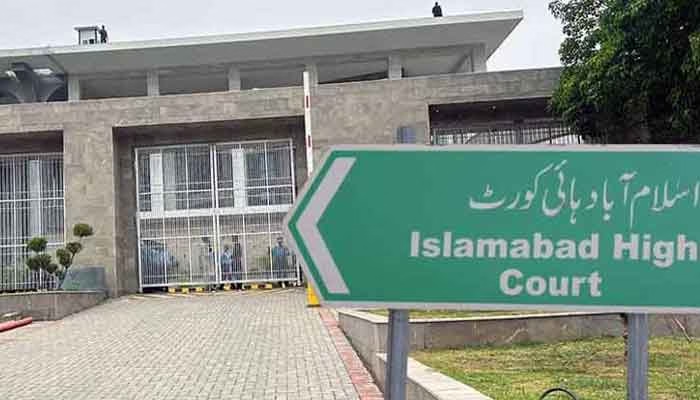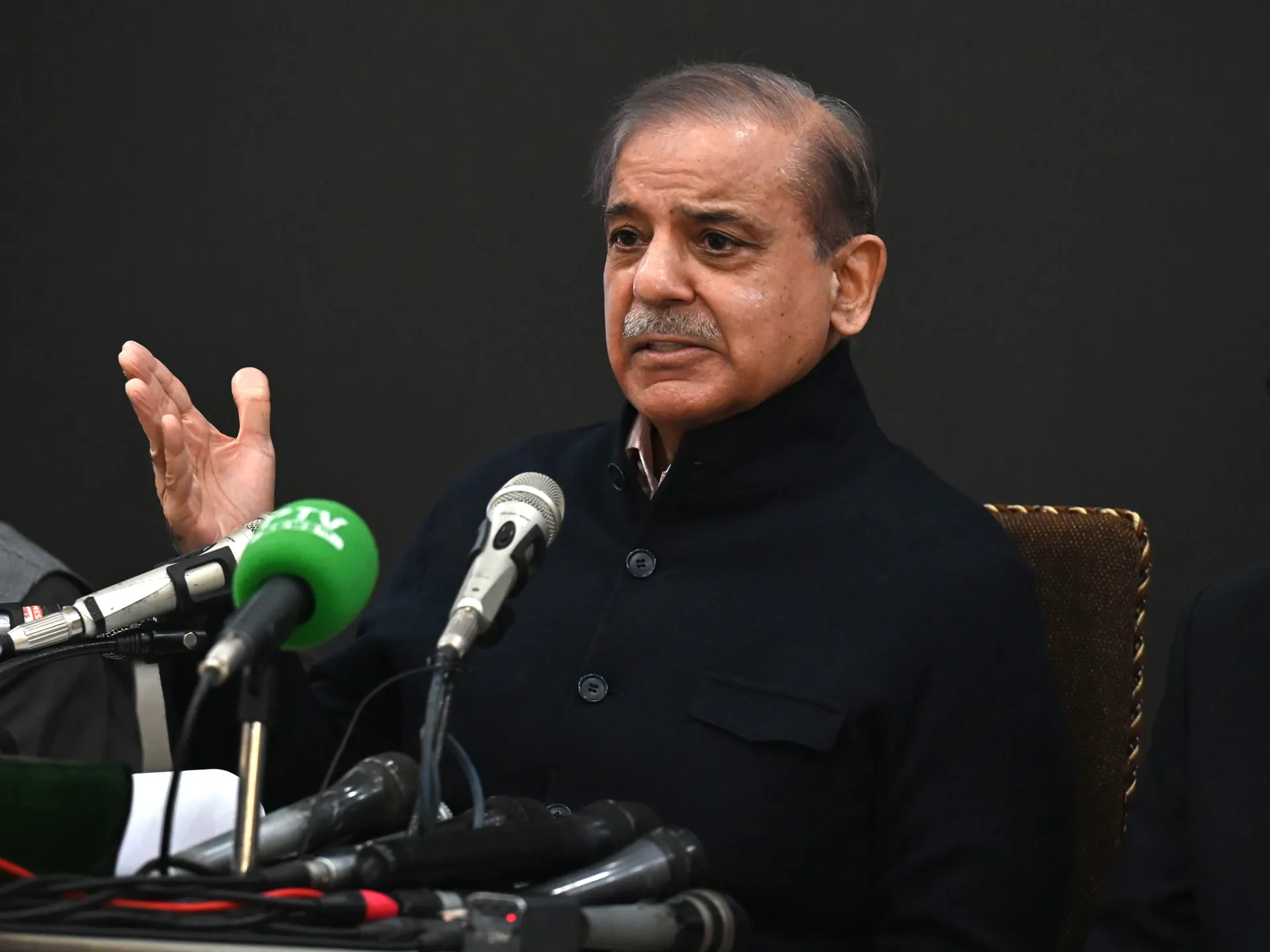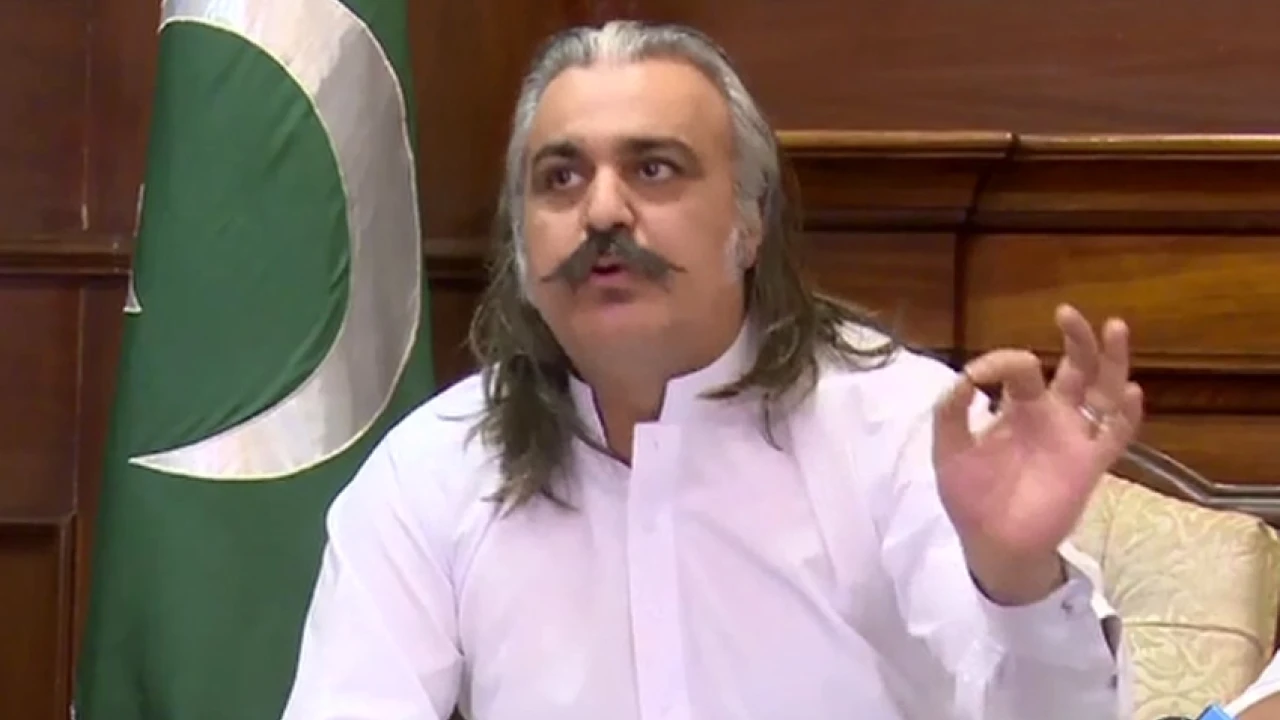The Islamabad High Court (IHC) has ordered the removal of eight family members’ names, including a 13-year-old child, from the Exit Control List (ECL) in the Faizan Usman recovery case. The court has also directed the Interior Secretary to submit a detailed report on the matter.
Court Hearing and Key Developments
The case regarding Faizan Usman’s recovery was heard by Justice Babar Sattar at the Islamabad High Court. On the court’s directive, Secretary Interior Khurram Ali Agha appeared before the bench. During the proceedings, Justice Babar Sattar questioned the process by which Faizan Usman’s family members were added to the ECL, noting that no working paper had been submitted for the decision.
The judge instructed the Interior Secretary to submit an affidavit detailing the facts and justifications for adding the names to the ECL. Additionally, the court demanded reports from the cabinet sub-committee and the working paper report within one week.
Judicial Concerns Over ECL Entries
Justice Babar Sattar expressed serious concerns over the inclusion of a 13-year-old child’s name on the ECL. Addressing Secretary Khurram Ali Agha, the judge asked, “What is happening? How can a 13-year-old child’s name be added to the ECL?”
The Home Secretary apologized for the inclusion and assured the court that he would investigate the matter. However, Justice Babar Sattar emphasized that this was not just an issue of apologies. He questioned whether the government would include a six-month-old child’s name on the ECL if suggested by an agency.
Faizan Usman’s Recovery and ECL Decision
Faizan Usman, an 18-year-old, was reported missing and later recovered. The court criticized the authorities for failing to identify those responsible for his disappearance while simultaneously adding his family members’ names to the ECL. Justice Babar Sattar noted that instead of holding the kidnappers accountable, the authorities had subjected Faizan’s family to unnecessary legal complications.
Government’s Justification and Court’s Response
The Additional Attorney General argued that Faizan’s brother-in-law, Shiraz, had cases registered against him and was possibly a co-accused. The judge inquired whether any working paper or material justified the ECL entry and questioned the Interior Secretary’s failure to scrutinize the process.
The Additional Attorney General stated that the names were added based on intelligence reports and were formally approved. However, when asked to present the summary of the intelligence report, the ministry’s response remained vague. Justice Babar Sattar expressed his frustration, remarking that such actions reflected poor governance.
Court’s Verdict and Immediate Actions
After reviewing the case details, the Islamabad High Court concluded that the names of nine family members of Dr. Usman were added to the ECL on the recommendation of an intelligence agency. The judge noted that among those added were Faizan’s mother and minor children, which raised serious concerns about procedural irregularities.
The Interior Secretary admitted that the cabinet sub-committee had approved the decision. However, the court pointed out that Faizan Usman was already found and the case had been presented in court, yet the real culprits had not been identified.
The Additional Attorney General confirmed that of the nine individuals added to the ECL, seven names had already been removed, leaving only two. However, the court ordered the removal of an additional six names, reducing the list to only Faizan’s married sister, Saleha.
Final Court Order
The Islamabad High Court officially suspended the decision to include the names of Faizan Usman’s family members on the ECL. It directed the authorities to immediately remove eight names while allowing only Saleha’s name to remain on the list. The court also instructed the Interior Secretary to ensure proper verification processes before adding any names to the ECL in the future.
This case highlights significant lapses in procedural governance and decision-making within the authorities responsible for the ECL. The Islamabad High Court’s intervention underscores the importance of due diligence and transparency in government actions. Moving forward, the court has made it clear that arbitrary decisions affecting innocent individuals, including minors, will not be tolerated.



